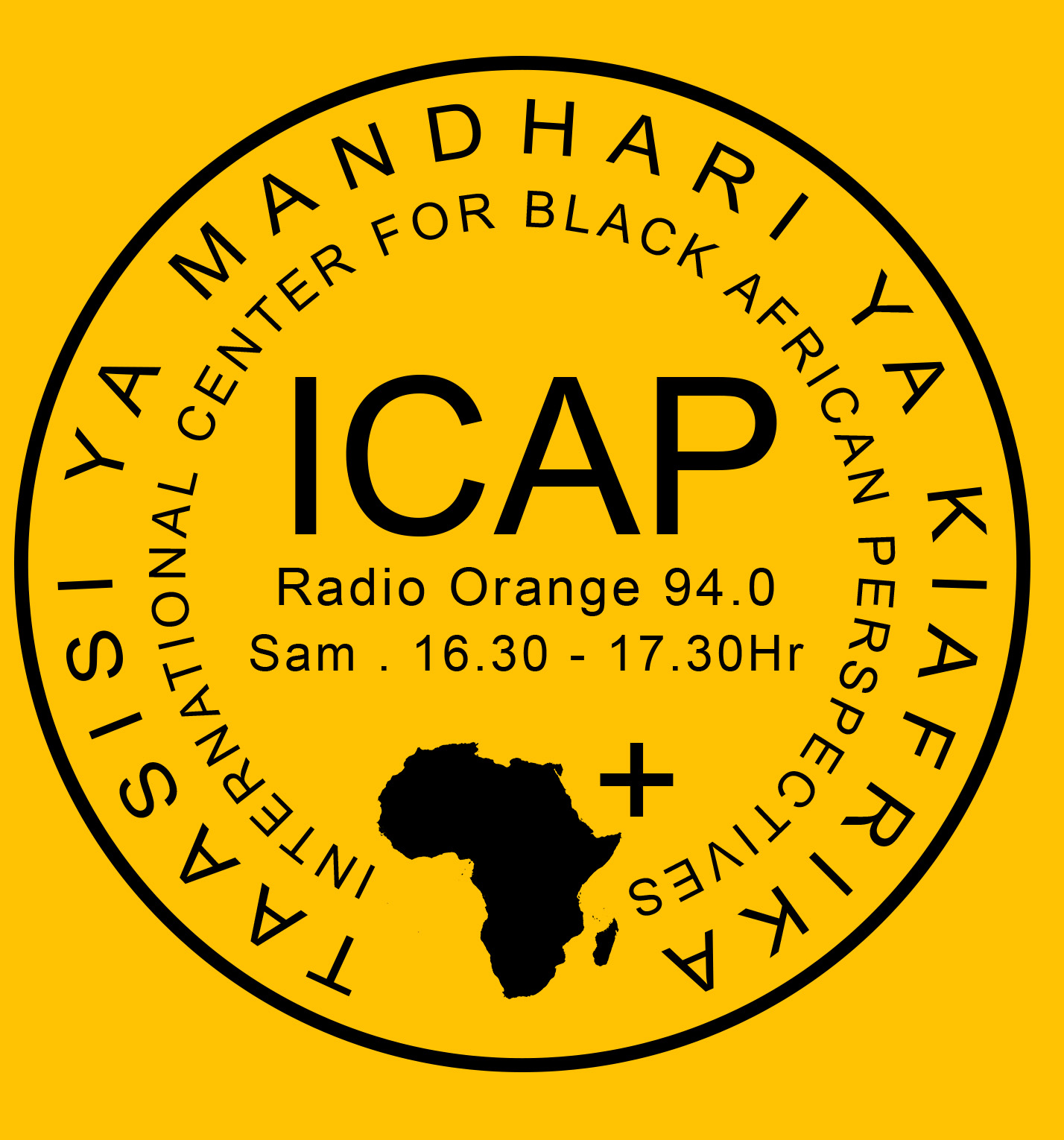Helmut Kohl wanted to leave a huge legacy the day he will die. Indeed it happened and he was lucky enough to witness it during his lifetime. Germany was reunified with him as chancellor. Today it may seem something obvious and no so complicated to do, but in the past, it was not so simple and Germany is still struggling with political risks of this reunification.
Winners of the second world war (United State, Soviet Union, France, UK) amongst others requirements imposed to Germany that they will accept the reunification if Kohl accepted the Oder Neisse Line as the border of Germany with Poland. That why Germany abolished the article 23 of his Fundamental Law. By doing so it allowed East Germany and West Germany to be reunified and it also forbade Germany to lay claim to the territories controlled by Poland beyond the Oder Neisse line.
All of this according to the treaty signed on the 12 september 1990 between Germany and the Allied Forces in Moscow and the treaty signed on the 14 november 1990 between Germany and Poland confirming the border on the Oder Neisse. At that cost, Moscow agreed that East Germany could join NATO within the reunification with West Germany. Making the Oder Neisse line as the final border between NATO countries members and the Soviet Union. Any further extension of NATO was forbidden.
Helmut Kohl accepted all of that even if he hesitate for a long time. His friend the French President François Mitterand pushed him insistently to do that and together they promoted and implemented the Maastricht agreement of 1992. Thanks to this agreement Helmut Kohl forced Germany to quit Deutsch Mark for Euro. Despite of the fear of others countries about a return of the German nationalism with the reunification process, Helmut Kohl succeed a huge move: build again Germany without destroying the EU all of this alongside with his friend François Mitterand.
But history learned us that this accomplishment is very delicate. The Oder Neisse line is not accepted by the people, political and cultural rights of minorities on both sides of the border are not fully protected. The NATO did no respect the agreement with Moscow and extend the coalition to others countries: Poland, Montenegro, etc. And they are even trying to extend it to Ukraine. Which mean that possibility of all out war and protest about borders are a huge problem at the moment. The UK and EU are officially in the Brexit process. The US with Donald Trump is not anymore a reliable partner of EU countries membres of NATO.
The current situation of EU countries shows us that something is wrong in the EU community and some failures were made when Helmut Kohl and François Mitterand were in power. What can we learn from that and what kind of deal Emmanuel Macron and Angela Merkel should implement in order to build a new Europe?
what African leader can think of all of it?











